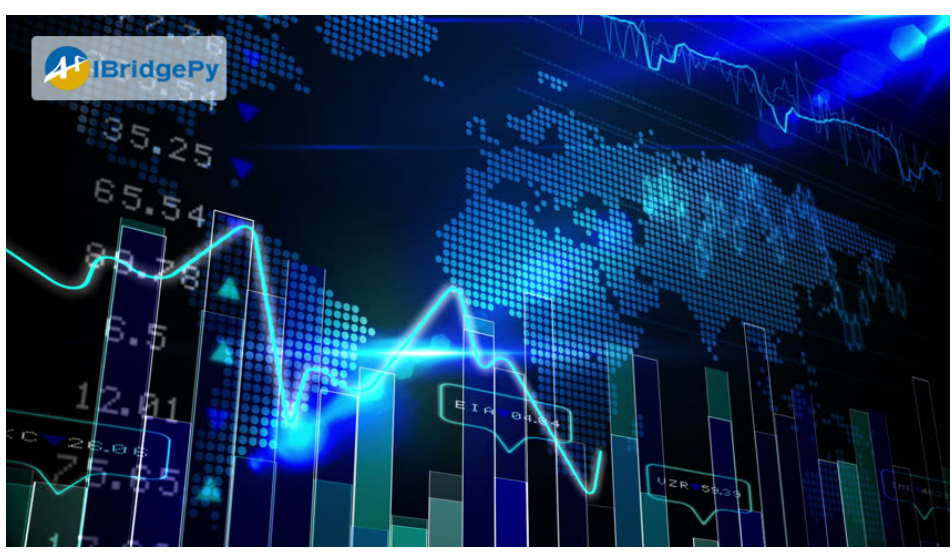You engage in live trading when you purchase and sell different financial instruments on stock markets in an effort to make money. Based on data collected from the markets, traders execute trades in order to make money. They require market data, market analysis, and well-considered choices. Risk management is just as important for live trading as accurate data analysis and information.

Live trading requires a number of qualities, including the following:
Having up-to-date market knowledge is essential for live trading. Put differently, you need to be fully informed about the market. Any slight movement in the market requires you to be informed about supply and demand, current events, and investor sentiment. If a trader is passionate about market fluctuations and uses data analysis to identify opportunities and risks, he can make money.
A profitable trader understands that controlling risk is essential to safeguarding his investment. By employing diverse tactics, he mitigates possible damages.
Trading losses can result from decisions driven by greed or fear. Emotional discipline, on the other hand, can help you avoid making rash decisions and lying to yourself. Furthermore, if you have a strong desire to learn, it could improve your trading because it will sharpen your skills and help you adjust to shifting market conditions.
Doing your homework and honing your analytical abilities will help you succeed in live trading. To succeed, obtaining news articles and other information is insufficient. Understanding the meaning behind news and changes is crucial, and it requires ongoing practice. You can anticipate future changes and identify opportunities and risks by using analysis and evaluation.

Automating processes and putting algorithmic trading strategies into practice are major components of live trading, and these activities directly relate to your programming abilities. Being an expert in a programming language such as Python could lead to amazing opportunities. For instance, Python libraries like NumPy and Pandas facilitate the acquisition and analysis of financial data. Python allows you to create your own trading strategies in addition to assisting you in implementing algorithmic trading strategies. Python provides practical risk management techniques such as risk-reward ratio computations, position sizing, and stop-loss orders. You have the chance to stop incorporating your feelings into your trading strategies with Python. Its libraries—Flask, Dash, and Stramlit, among others—allow you to create dashboards, send out alerts, and get notifications.
To sum up, a variety of skills are necessary for traders to succeed in live trading. One of them is the ability to program in pertinent computer languages, such as Python.
